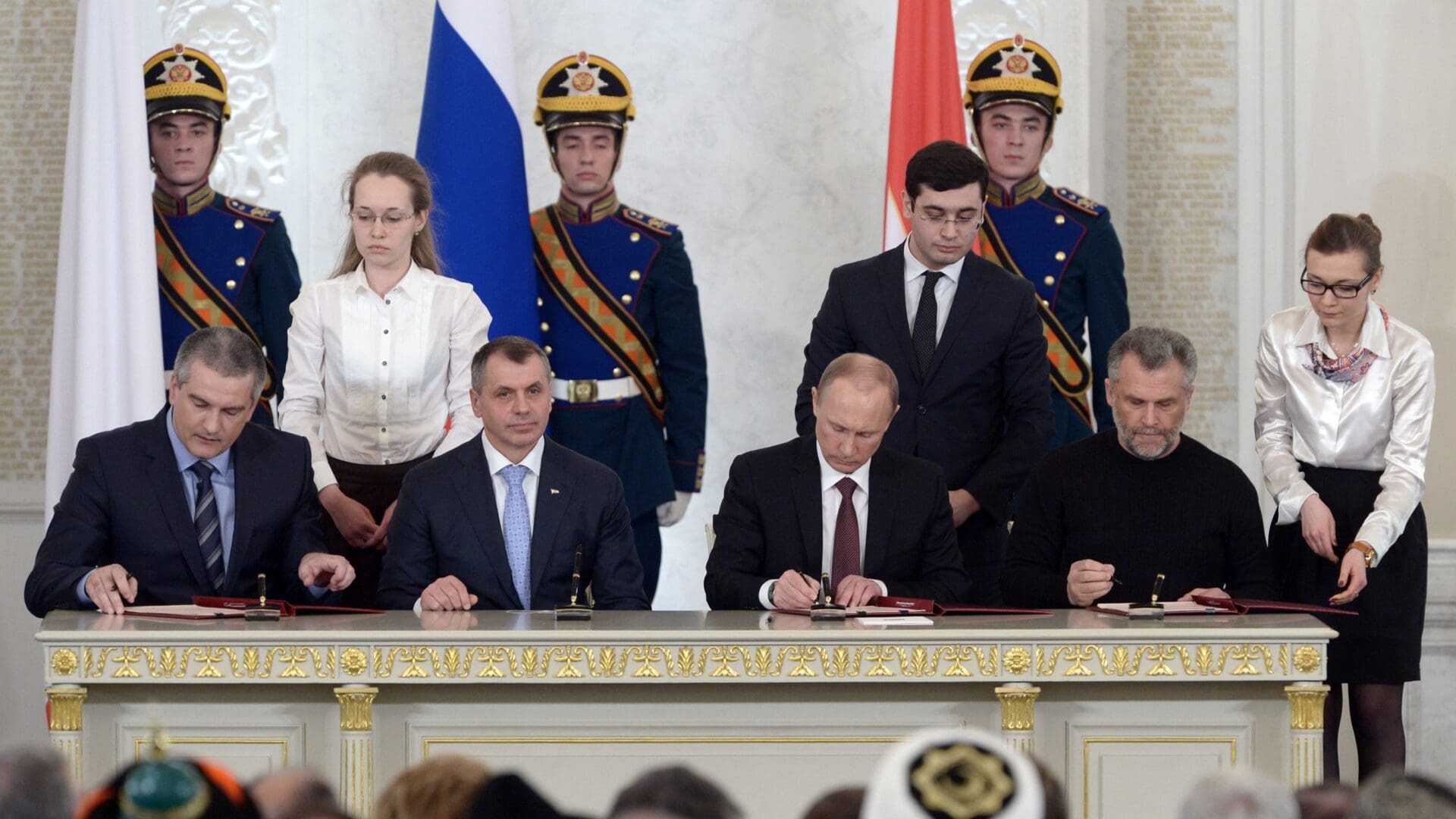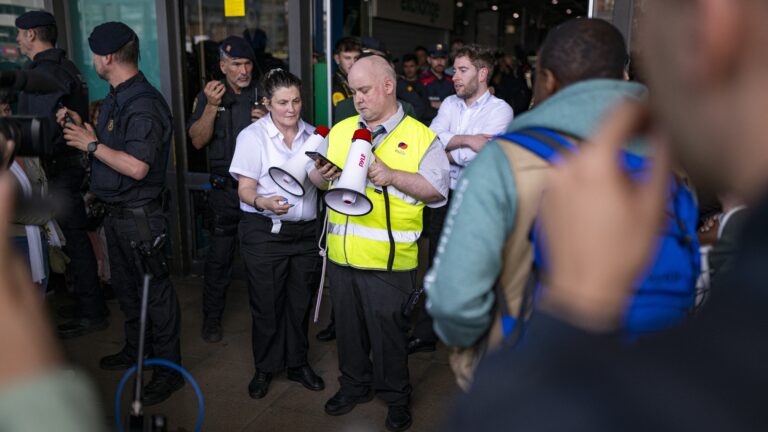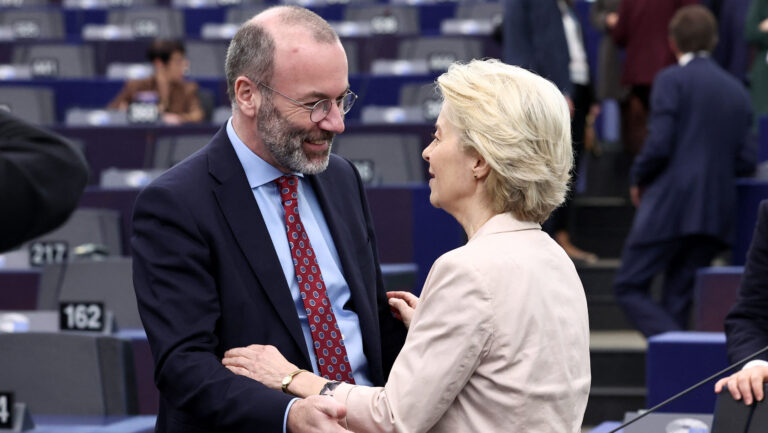US President Joe Biden’s visit to Kyiv has elicited a range of reactions across the globe. While Russia perceives the visit as a deliberate provocation, neoconservative journalists in the Western world have interpreted the move as a display of Biden’s bravery and leadership, as he encourages Ukrainian soldiers to continue their fight for democracy and liberalism: the war is not just the Ukrainians’ fight, it is our fight, the battle will continue and we will not give up until the objectives are met—or so the message goes.
But what are these objectives? That, of course, has never been clear, since Ukrainian President Volodymyr Zelensky has in recent days already described the retaking of Crimea as a realistic objective.
At this point, it is worth clarifying what Crimea means to the Russians.
Historically, it has been an important naval base and strategic point for centuries. During the Soviet era, it was home to the Soviet Black Sea Fleet and was used as a key base during World War II. Russia’s military presence in Crimea is a major element in Moscow’s efforts to project power in the Black Sea region and beyond, and the annexation of the peninsula has given it a strategically valuable foothold in the area.
It is clear that Russia considers Crimea its own territory, the ‘Russian motherland’, and will not give it up. Russia is a nuclear power that is not used to losing wars fought on its own territory. Ukraine currently has one of Europe’s most capable, best equipped and experienced armies, but lacks the manpower. Who will fight the Ukrainians’ battles when the last Ukrainian fighter has fallen? By contrast, Russia has an almost inexhaustible manpower. If they put a machine gun in the hands of every Russian reservist, all the weapons Europe has to offer will not stop them. Ukraine is fighting an unwinnable war with no strategic objectives, and Western arms supplies and sanctions are only assisting the pointless loss of men.
It is also worth pointing out how inaccurate comparisons with the First World War are.
Throughout the First World War, one aspect was that the Western powers wanted to test their new weapons and military innovations in a real-life situation. But peace eventually stood in the way of this large-scale testing. There is no such thing now. The West and NATO are sacrificing their own key arsenals. They are emptying their warehouses, handing over their tanks and guns. That is why Anne Applebaum, the globalist historian, had to call on the Western countries to urgently shift their factories to military production. Who will defend NATO when the last round of ammunition has been fired on the Ukrainian front?
There is a great deal of cynicism in the American attitude. Zelensky is not an independent actor: if Washington ordered him to negotiate with the Russians, he would. All the United States would need is some territorial concessions forced on the Ukrainians and they would ‘win this war’. But they don’t want to win it, because for the time being, what they want is make the Russians bleed even more.
The only sad fact is that in the process, another nation is bleeding before our eyes: the Ukrainian people, and with them the Hungarian minority in Ukraine.








